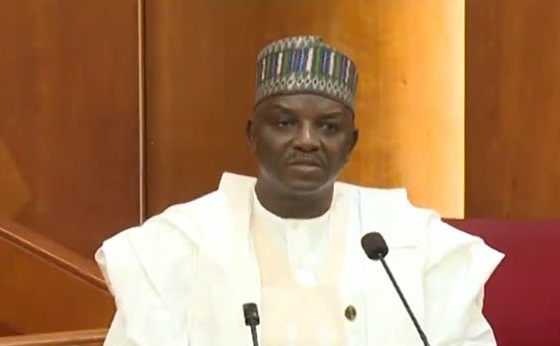The Federal Government of Nigeria has approved about ₦6.2 billion for the award of contracts for six projects in the power sector as the drive to boost power generation and transmission.
The Minister of Power, Mr. Mamman Saleh, disclosed this to State House correspondents on Wednesday at the Presidential Villa in Abuja, the nation’s capital.
He briefed reporters at the end of the 44th virtual meeting of the Federal Executive Council presided by President Muhammadu Buhari.
At the meeting, efforts by the government to boost power supply in the country dominated discussions as the council approved all six memos presented for consideration by Saleh.
Read Also: World Bank Approves $750m For Nigeria’s Power Sector Recovery
The approvals included the award of a contract for the design, manufacture, and supply of critical spare parts for Crompton Greaves 330KV, 132KV, and 33KV circuit breakers at ₦298,339,887.04; and procurement of 50 sets of 400AH battery banks – 30 to 50 volts, and 30 number of 110 volts battery charges for the substation used by the Transmission Company of Nigeria (TCN) at ₦644,805,953.10.
Others were award of contract for the design, manufacture, and supply of three 60/66 MVA 132KV power transformers with accessories, and 15 number of 500 kV transformers, 33/0.415KV earthing transformers for the TCN at ₦1,296,953,044.55 with a delivery period of 12 months.
“All that the government is doing is to make sure that first and foremost, the supply is stable,” the minister said.
He added, ‘The government also wants to make sure that we upgrade the supply, maybe from 4,000 megawatts to 5,000, to 6,000, to 7,000 megawatts. So, the more we replace some obsolete and outdated equipment, the more we improve the supply of electricity.’
The power minister explained that the procurements were geared towards upgrading the transmission system to the national grid for greater efficiency and to ensure sufficient power supply to the nation in no distant time.
On the promised distribution of 1,000,000 meters, he noted that the first phase of the exercise was close to completion.
Saleh stressed that Nigerians who receive less than 24 hours power supply would be charged a lesser tariff than others.
AFRICA TODAY NEWS, NEW YORK

